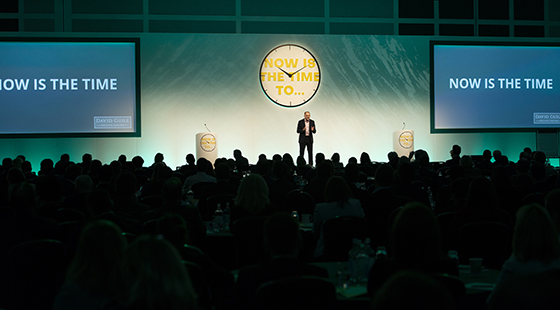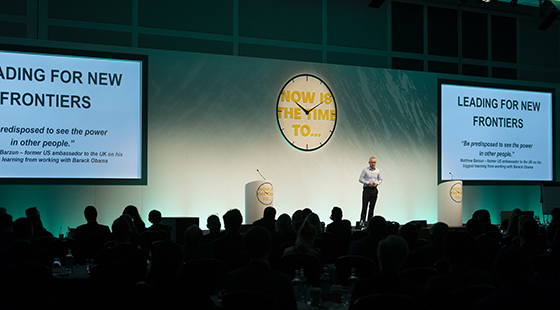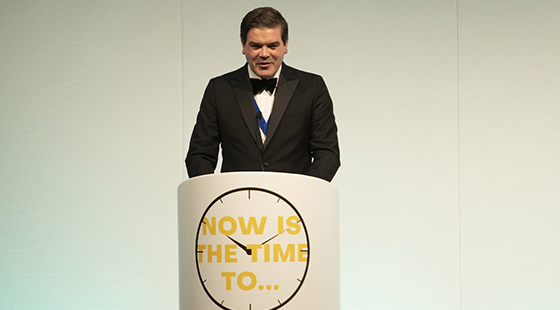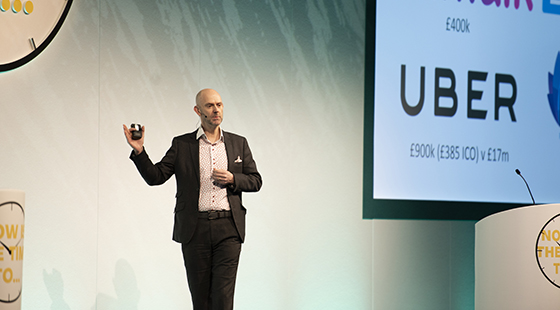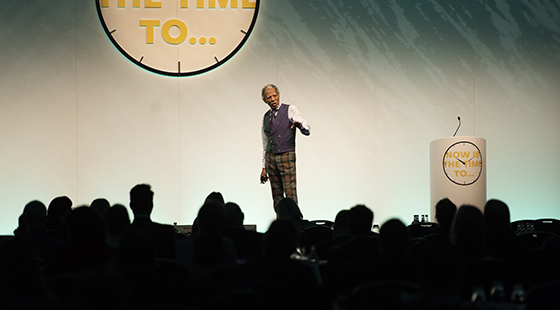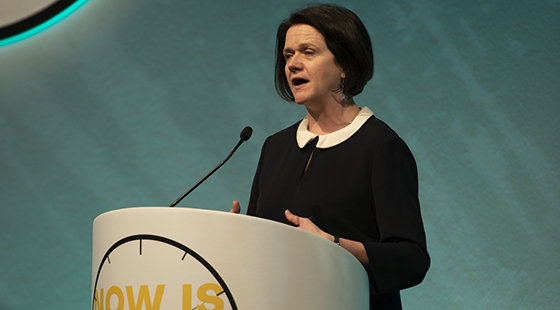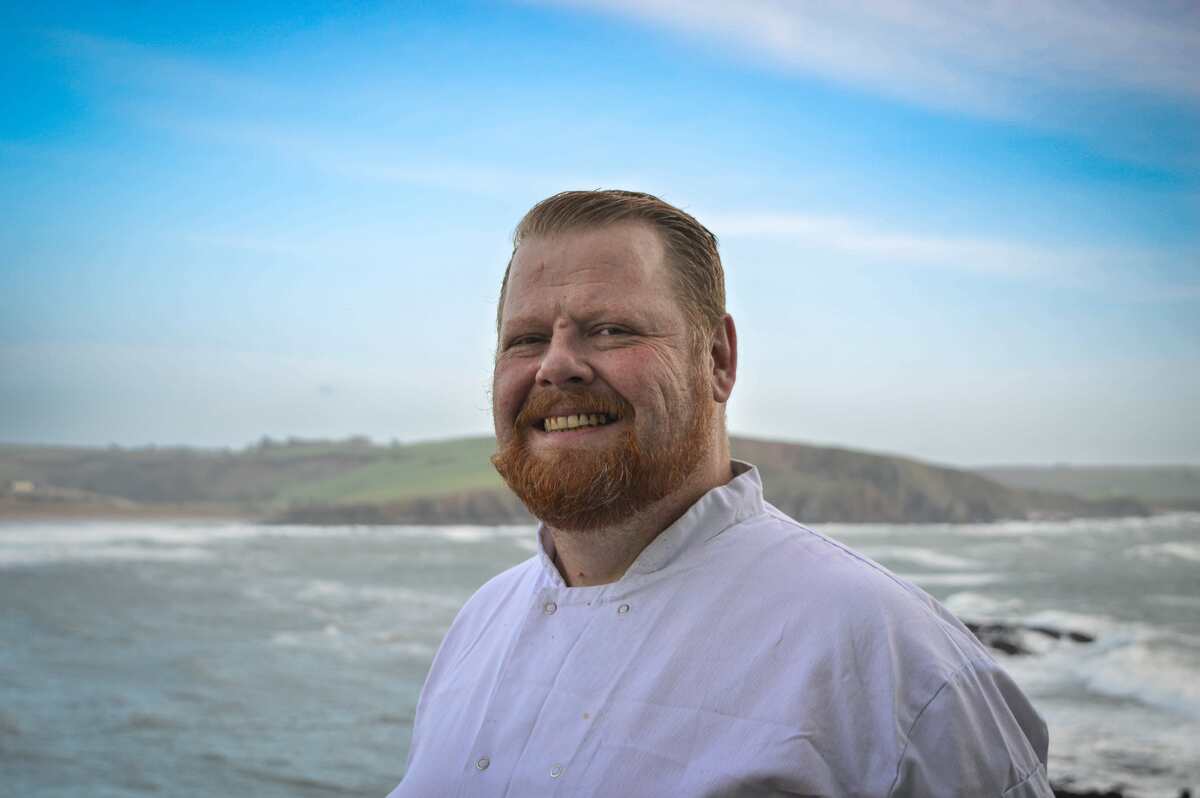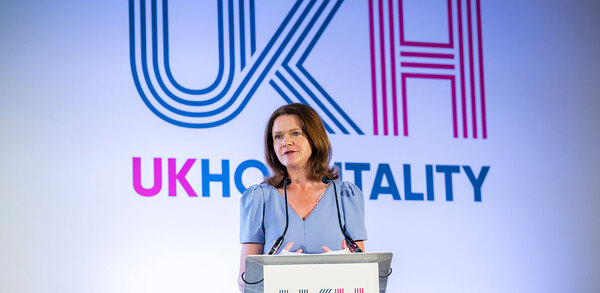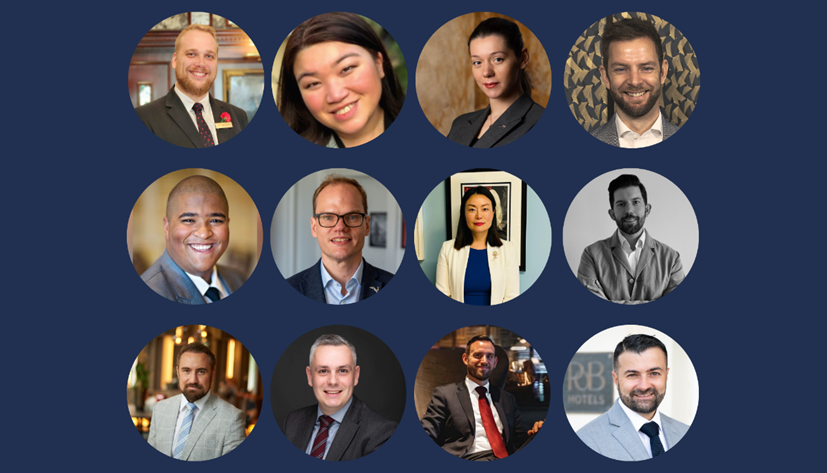Hoteliers: now is the time to act
Hotel leaders at the Master Innholdersâ Hotel General Managersâ Conference were urged to take time out of their busy schedules to reflect on how they can be more productive and happier in their roles.
The advice came from David Guile, former chief executive of Macdonald Hotels & Resorts, who outlined a former typical working day, which went from 7am in the morning to an awards dinner late at night with barely a chance for a cup of tea or a sandwich in between.
Soon after, during a family holiday, Guile paused to undertake some quality thinking and came to the realisation that âtime is such an invaluable commodity, and if you donât take control of it, it will take control of you.â
Three months later, in 2014, Guile quit the role he had held for six years, wrote a book and studied to become an executive leadership coach. He now advises leaders on the importance of reflection and outlined to the audience a simple five-point plan to get started:
1 Find the time and place â" diarise a short meeting with yourself on a daily or weekly basis to get started, preferably away from the office or from the main hubbub of the business.
2 Identify your questions â" what is the core purpose of your role, and what positive difference can you make for yourself and others?
3 Challenge your thinking â" be a disruptor and open your mind to new possibilities.
4 Make a change â" for instance, learn to say no more often, delegate more effectively or diarise time for planning ahead.
5 Commit to the process â" make it happen, repeat and practice.
Driving cultural change through imagination and encouragement
Imagination is the driving force to create progressive cultural change within a business and it needs to be propelled by the leader of the business, the conference heard.
Child started his career as a secondary school teacher in Essex, where he successfully helped to turn a low O-Level pass rate in English into one that saw 139 out of 142 pupils achieve a grade C.
He explained that the improvements came about because he instilled belief into his pupils, who included chef Jamie Oliver and former Republic of Ireland footballer Matt Holland â" as he does today with clients â" by asking them at the outset what is their ultimate goal and then giving them the encouragement to succeed.
Personalities inspired by Childâs words of wisdom have included Alan Parker, former chief executive of Whitbread. Child helped Parker to focus on looking after the companyâs employees better which, in turn, improved the experience of guests and ultimately increased results for investors.
He also cited the example of Anna-Marie Dowling who, as a cleaner with Holiday Inn hotels, told him she wanted to become a general manger. Today she is the complex general manager of the Westin and Le Meridien City Centre in Bahrain.
âThe two most important words you can say to your staff is âwell doneâ,â said Child. âEncouragement gives a business a natural advantage.â
Hoteliers must encourage young people to join the industry
âIts objective was to show this group of young people what an amazing industry we work in, but in a real-life hotel environment,â he said. He went on to explain how grateful he was to the Hyatt Regency Birmingham for giving him his first taste of working in a hotel as a weekend bell boy. âThis was all I needed to get into the hotel â" but I had no idea of where it would take me,â he added.
Taylor, vice-president of operations for Principal at IHG, was also the chair of the 26th Hotel General Managerâs Conference.
Engaged staff grow businesses
Engaged staff can increase the productivity of an organisation by 43%. That was the message delivered to delegates by speaker and author Stefan Wissenbach.
Engagement comes about through listening to your employees, he said. âThere are lots of small things staff can do and layering incremental changes over time can achieve amazing results. Take action on the feedback from staff and repeat, repeat, repeat.
âAn engaged team can overcome adversity. Unite around a shared purpose, throw in a dose of bravery and magic starts to happen.â
Wissenbach is the founder of Engagement Multiplier, which helps businesses to improve morale and staff retention, resulting in innovation and growth.
Cybersecurity: the need for more training and education
Shockingly, only a handful of the 450 delegates confirmed that they and their staff had undergone cybersecurity training, despite it being a legal requirement since the introduction of General Data Protection Regulation legislation on 25 May 2018.
âSomeone has their identity stolen online every 15 seconds,â warned May, who outlined the seven key cyber threats:
1 Malicious software â" such as a virus, worm or Trojan horse
2 Social engineering â" for example, fraudulent emails or telephone calls in which the recipient is encouraged to reveal passwords and personal details
3 Poor password policy â" passwords need to be complex, changed regularly and not revealed to anyone else
4 Fraudulent software updates â" do not be drawn in unless you are confident of the legitimacy of any request to undertake an update
5 Mobile security â" beware of connecting to unsecured public WiFi sites
6 Phishing, whaling and CEO fraud â" do not respond to threatening emails requesting money, usually aimed at large organisations
7 The pay rise scam â" do not respond or forward emails with attached spreadsheets outlining false pay rises, bonuses or redundancies.
May said employees can make a company more or less vulnerable to attack and therefore it is vital that everyone is educated to minimise any security risk.
The Black Farmer: creating a successful food brand against all the odds
In a captivating, inspirational and frequently funny final speech from Wilfred Emmanuel-Jones, the Devon-based farmer shared his story of how he had dared to realise an early ambition that initially appeared beyond his reach.
After initially working as a chef, Emmanuel-Jones edged his way into TV, via cleaning and security jobs and through a lucky break from âguardian angelâ television executive Jock Gallagher. This resulted in a 15-year career at the BBC, during which time he worked as a producer on the Food & Drink programme, where he helped launch the TV career of Gordon Ramsay, Brian Turner and James Martin, among others.
A further 15 years were then spent in building up an F&B marketing agency, earning him the money he needed to realise his dream. He moved to Devon in 1999 and bought a former dairy farm, which has provided him with the base to produce award-winning sausages and other products.
âBy living on two principles, I believe you can achieve anything in life,â said Emmanuel-Jones. âYou need to be ruthlessly focused and so passionate about what you want to do that it will give you a belief to overcome all hurdles.â
The big seven in the political in-tray of UKHospitality boss Kate Nicholls
Kate Nicholls, chief executive of UKHospitality, told the audience her role is currently focused on liaising with the government on seven key issues. She also advised all hoteliers to support their teams as they apply for settled status following Brexit.
âIâve been having weekly meetings with ministers and Defra since October to make sure we secure food supply in the event of a no deal Brexit. Thereâs intensive contingency planning in place.â
2Â Labour shortage
âSit with your teams and go through the settled status applications when they open on 30 March 2019. You can even make the application on their behalf. The last thing we need is a labour shortage because people forget to make the application or donât understand it. Weâre producing detailed guidance.â
3 National Living Wage
âWe know a third of the margin of most hospitality operators has been wiped off by the changes introduced by George Osborne. We donât have the cushion to grow and develop. If we want to develop and reward good teams, we need to have the profit in the business to do that.â
4 Business rates
âThe next revaluation is 2021, but the government must act now to make sure itâs fair, in particular for hotels. Weâre pressing for an allowance to be made for capex, costs and to remove online travel agent commissions from the calculation of turnover.â
5 Other taxes
âWeâre fighting tourism tax really hard, but itâs a bit like whack-a-mole. You knock down one council and another pops up. The mayor of London is currently looking to levy a voluntary charge on hotel guests to fund culture.â
6 Online travel agents
âWeâve got a case before the Competition and Markets Authority to make sure they are fair in their treatment. Weâre also talking to the tourism minister and London local authorities about Airbnb and making sure weâre regulating the sharing economy so itâs safe and legal.â
7 Sector deal
âIf we are successful in securing a sector deal, it will be the stick to beat government with in areas of future regulation that would add significantly to costs, like allergens, calorie labelling, menus, latte levies and plastic recovery.â
New technologies â" separating the hot from the hype
Bombarded with new technologies, hoteliers often donât know which way to turn. Ian Millar, senior lecturer at Ãcole Hôteliere de Lausanne, decided which technologies are worth operatorsâ time.
Hot
⢠Voice recognition: âThereâs great potential, but there are concerns around security and privacy.â
â¢Â Facial recognition: âAimed at business and convention hotels with more than 300 bedrooms.â
â¢Â 5G (fifth generation mobile networks): âDue to be introduced into UK next year. With speeds up to 100 times faster than 4G, the reliance on hotel WiFi will be reduced.â
â¢Â Enabling guest-own content
â¢Â Guest room tablets
â¢Â Guest messaging: âCommunicating with guests via WhatsApp will become the norm.â
Hype
â¢Â Ultra-high-definition 8K televisions
â¢Â Bitcoin payment
â¢Â Mobile apps
â¢Â Mobile key systems: âExpensive and not good for security.â
â¢Â Robots: âMaybe some semi-automation back of house, but not in front of the guest.â
Get The Caterer every week on your smartphone, tablet, or even in good old-fashioned hard copy (or all three!).



